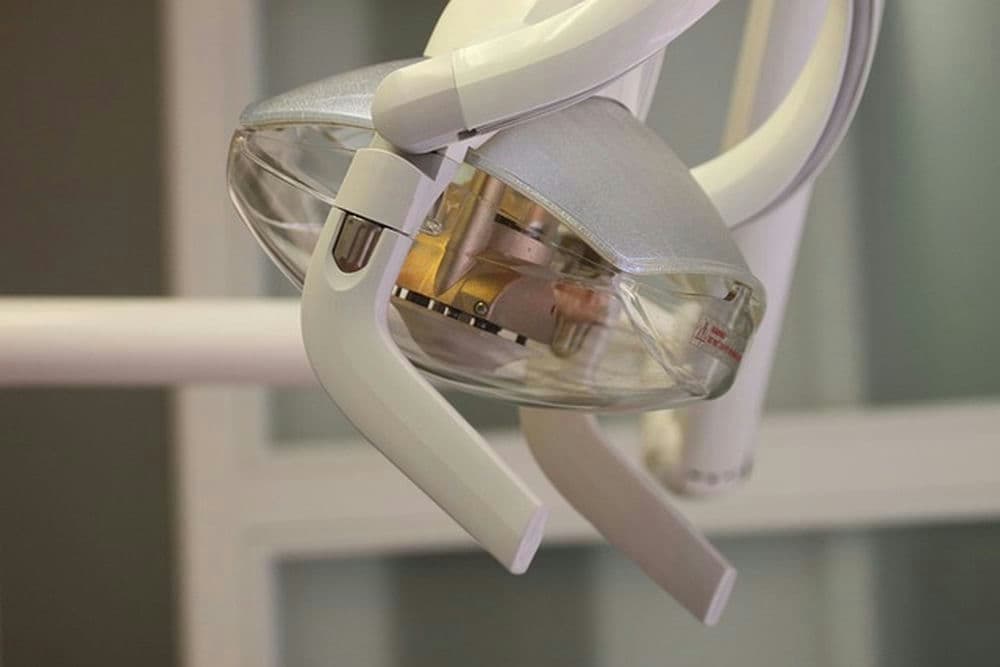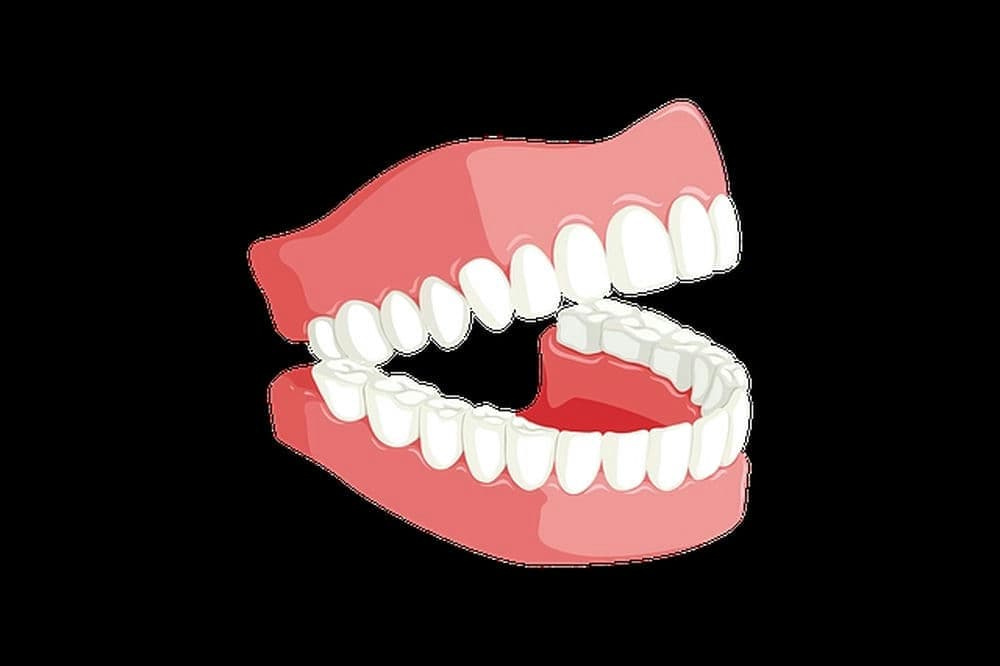Pages
bone grafting for dental implants
1/20/2023

Have active or untreated gum disorder. Have certain health situations, akin to bone disorders or autoimmune illnesses. Every person is alternative with a completely unique health history. To find out for sure if you qualify for dental implants, discuss with your dentist. How long does it take to recuperate from dental implant surgery?Dental implant healing times can vary, but most folks can resume normal actions in about three days. Even so, it can still take a few months in your jawbone to fuse around the implant.
A consultant is responsible on your care, but greater than 1 dentist might treat you. Having a dental implant usually comes to 3 or 4 stages:A pre-operative evaluation. Bone grafting (a system to augment the amount of bone on your jaw for supporting the implant). Not everybody needs this. Putting on your implant. Fitting your crown, bridges or denture (restorative remedy).
mini dental implants
2/22/2023

Tailored in your situation, this plan takes into account factors corresponding to how many teeth you need changed and the situation of your jawbone and final teeth. To manage pain, anesthesia alternatives during surgery include local anesthesia, sedation or usual anesthesia. Talk in your dental professional about which option is healthier for you. Your dental care team will educate you about eating and drinking before surgery, dependent on what kind of anesthesia you've got. If you're having sedation or general anesthesia, plan to have an individual take you home after surgical procedure and expect to rest for the the rest of the day. What that you may expectDental implant surgical procedure is customarily an outpatient surgical procedure performed in stages, with healing time among strategies.
However, because implants are particularly strong, a couple of teeth can get replaced by one implant if they're bridged in combination. After the procedureWhether you have got dental implant surgery in one stage or distinct stages, you may event one of the crucial average discomforts associated with any sort of dental surgical procedure, similar to:Swelling of your gums and faceBruising of your skin and gumsPain at the implant siteMinor bleedingYou may need pain drugs or antibiotics after dental implant surgery. If swelling, discomfort or any other challenge gets worse in the days after surgical procedure, touch your oral health care professional. After each stage of surgery, you can also need to eat soft foods while the surgical site heals. Typically, your medical professional will use stitches that dissolve on their own. If your stitches aren't self-dissolving, your doctor removes them.
bone grafting for dental implants cost
2/18/2023

Our implant professional and periodontist can change one or distinctive teeth with implants. Thanks to his wide training, he can complete all of the manner in his office. A dental implant is a small post customarily crafted from biocompatible titanium cloth it is surgically placed in the jawbone. An abutment is fixed to the post and when the process is comprehensive, a dental crown covers the abutment. Dr. Erian surgically inserts the dental implant post into the jawbone to substitute the missing tooth's root.
The abutment is connected to the implant post with the fixation screw, which extends throughout the gums into the mouth. This screw is the aid for the connected synthetic tooth, or crown. After your implant placement, that you can experience the following advantages:You will chew food more easilyThe appearance of your mouth will improveYour jawbone becomes less likely to shrink due to bone lossThe surrounding bone and gum will remain healthyThe adjoining teeth will remain stableCustom dental implants to exchange lacking teeth restore your smile, provide you with confidence, and enhance your exceptional of life. A normal dental implant is surgically inserted into the jaw and allowed to fuse with the bone tissue in a process called osseointegration. This method allows the implant to become a part of your body, stabilizing your new teeth. This is one of the most modern strategies to repair edentulous jaws with a set of fixed teeth, providing you with your smile and health back through four to six dental implants strategically placed.
same day dental implants near me
1/2/2023

In this type, an artificial tooth is permanently screwed or cemented onto an individual implant abutment. You can't remove the tooth for cleansing or during sleep. Most of the time, each crown is connected to its own dental implant. However, because implants are specifically strong, a couple of teeth can be replaced by one implant in the event that they're bridged together. After the procedureWhether you have dental implant surgery in one stage or dissimilar stages, you could event one of the crucial common discomforts linked to any type of dental surgical procedure, corresponding to:Swelling of your gums and faceBruising of your skin and gumsPain at the implant siteMinor bleedingYou may need pain medications or antibiotics after dental implant surgical procedure. If swelling, pain or another challenge gets worse in the times after surgery, contact your oral medical professional.
Your dental team explains your deliberate treatment. You may have sedation (a medication to make you are feeling sleepy and comfy) or a normal anaesthetic (a medication to make you sleep). Your dental team provides information about this before your remedy. Preparing to have a dental implantIt is vital to inform your dental team about any issues with your health and any pills or drugs that you take. Some scientific situations change the recommendation and advice that we want to give you. SmokingWe strongly put forward that you try to stop smoking and remain a non-smoker in the long run. This lowers your risk of a few complications with dental implants. For help to give up smoking, please speak to your nurse or call our quit smoking provider on 020 7188 0995. Benefits of dental implantsYou have dental implants when your dentist does not want to put crowns (caps) on healthy teeth. Implants also are useful if dentures or bridges could be challenging or inconceivable as a result of there are no suitable teeth or gums to help them. Risks of dental implantsThere is a small risk that the dental implants will possibly not join correctly with the bone on your jaw.